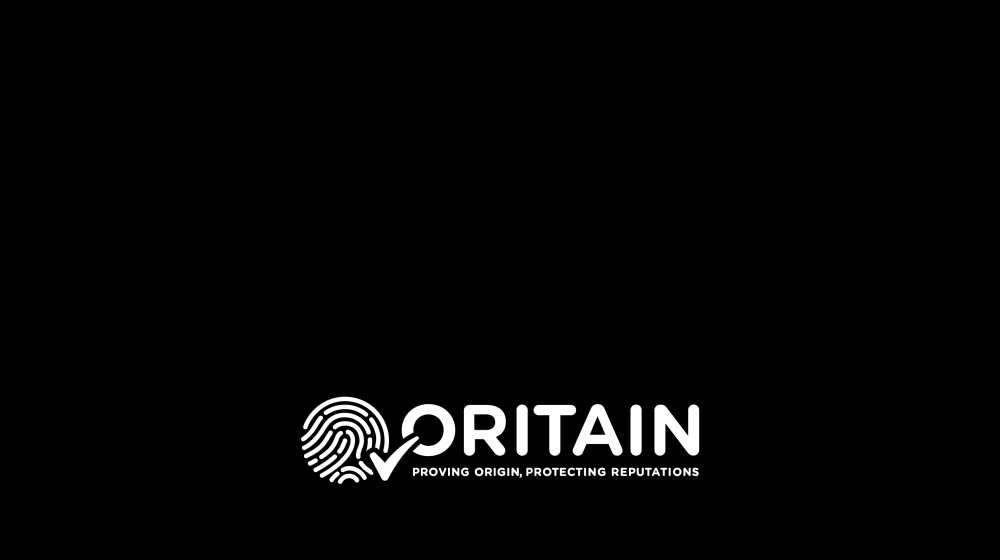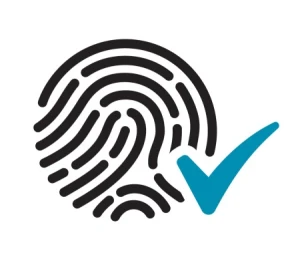Traceability in Textile Supply Chains: Four Key Trends from The Economist Sustainability Week
By Oritain Team | 29 June 2023
minutes to read.

The Economist Sustainability Week in the US saw industry leaders from both public and private sectors come together to create a better, more sustainable world. Leaders from all walks of business were placed in the hot seat and asked difficult questions. Companies shared their best practices and explored challenges; supply chain sustainability was placed front and center of business priorities.
A key theme circulating the corporate world currently is “progress over perfection”; as decreasing global emissions grows in importance, doing something is better than doing nothing. “Don’t let perfection be the enemy of good.”
Oritain has summarized several critical insights from the event to form a holistic understanding of the sustainable direction of the industry. We explore insights into the current business climate on topics such as regulation, transparency, financing, and consumer preferences.
Several key ESG drivers are circulating- Legislative demand, consumer demand, investor demand, and corporate social responsibility (CSR).
Knowledge, verified traceability, and transparency lie at the core of managing environmental, social, and governance (ESG) risk allowing companies to detect and deter illegal practices such as deforestation of the environment, child labor, exploitation of workers and local communities, slavery, and land grabbing.
Transparency takes center stage
Noel Kinder of Nike reinforced the importance of transparency, stating that transparent supply chains keep CEOs up at night. Transparency is at the forefront of all business leaders' minds; knowledge is critical, and knowing the origin of a product and its supply chain touchpoints is vital. Blissful ignorance is no longer acceptable- if you don’t know your supply chain, you will be held accountable. Third-party verification, such as scientific proof of origin testing, plays an essential role in ensuring transparent, ethical supply chains, with many companies using isotopic testing methods to verify the origin of products.
Governments are cracking down on supply chain traceability
2023 is proving a revolutionary year for supply chain legislation. Governments are cracking down on supply chain transparency, greenwashing, and due diligence. As Nancy Mahon of Estee Lauder Company put it best, legislation is coming hard and fast, and businesses need to be on the balls of their feet rather than on their heels. Global supply chains are complex, making change a lengthy and resource-intensive process. The best action for businesses is to get ahead of the regulation rather than play catch-up in a fast-evolving legislative environment.
Ana Hinojosa, Oritain Senior Advisor, recommended that companies act to "Verify that the claim to the origin of the products you are selling is actually what you’re selling. In some cases, there are substitutions of products or claims that the products comply with deforestation laws, but that isn’t the case.” Traceability through origin verification is vital in ensuring ethical sourcing, minimizing ESG risk, and helping companies clarify opaque supply chains.
Consumers are wising up to greenwashing
Unfortunately, the consumer push towards sustainable products saw some companies turn to greenwashing- placing vague, unbacked claims on products with minimal effort to uphold genuine sustainability efforts. The greenwashing boom has left consumers feeling untrusting towards eco-labels, with the backlash against greenwashing being so extreme that some companies are moving towards ‘green hushing.’ This newly coined term that refers to companies staying quiet about sustainable practices due to fear of consumer scrutiny if claims cannot be backed up.
Companies need to be confident in the claims they are making about their products, knowing their supply chains inside and out with complete confidence in their product's origin and the hands it has been passed through. Claims must be backed with robust evidence.
Investors push for verified traceability
A significant push for verified traceability is coming from the finance sector, with investors of ESG funds tightening their due diligence requirements. Directors can become criminally liable for greenwashing and misleading investors, making proven traceability a top priority for investors and board members. Traceability through origin verification is vital in ensuring ethical sourcing, minimizing ESG risk, and helping companies clarify opaque supply chains. Oritain’s forensic technology and data science authenticate the origin of a company's product, empowering partners to police their supply chains better and verify that their products are ethically sourced and are not contributing negatively to environmental, social, and governance factors.
The industry is rapidly evolving, and we are seeing a swift transition towards a more sustainable way of trade and enterprise. This rapid change is a challenge for many companies as change is slow for large corporations. It is good to see companies making gradual changes to adapt to the changing environmental demands. Though much work is yet to be done, companies must adopt a ‘progress over perfection’ outlook while embracing technology as we collectively create a better, more sustainable world tomorrow.
This is where Oritain has a part to play; by leveraging forensic and data science, we can verify the origin of a product or raw material. Unlike traditional traceability methods, at Oritain, we test the product or raw material to pinpoint the origin location. Whether we’re verifying the source of food or fiber, wine or wool, cotton, cocoa, or coffee, our science reveals the truth. We are not changing the world, but we are helping those who can by verifying the validity and installing trust in brands, consumers, investors, and partners that a product is true to the source.
Oritain CEO, Grant Cochrane's key takeaways from the event

Disclaimer: The information provided in this document does not and is not intended to constitute legal advice. Instead, all information presented here is for general informational purposes only. Counsel should be consulted with respect to any particular legal situation.

